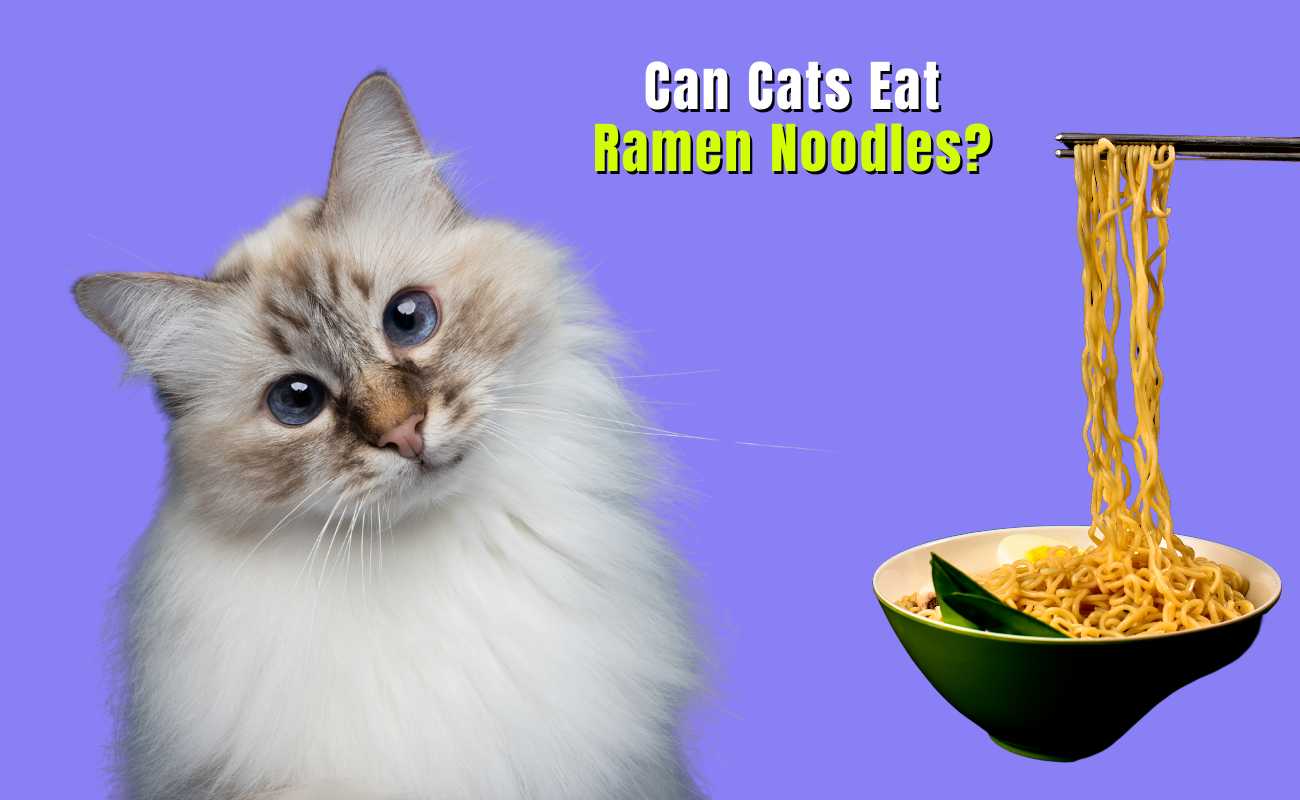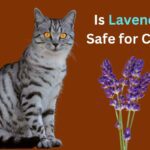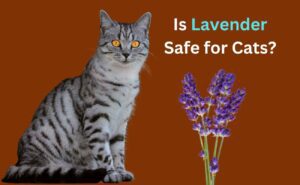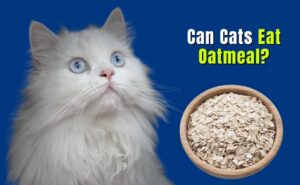Ramen noodles, a popular dish among people for their convenience and flavor, have become a staple in many households. As cat owners, it’s common to wonder if the food we enjoy can be safely shared with our feline friends. Among the myriad questions that come up, one is: Can cats eat ramen noodles? This article dives deep into the nutritional content of ramen noodles, the potential health risks for cats, and what alternatives are better suited for your furry companion.
What Are Ramen Noodles Made Of?
Ramen noodles are a type of instant noodle made from wheat flour, water, salt, and an alkaline mineral called kansui. The seasoning packets often contain a mix of salt, monosodium glutamate (MSG), various spices, and sometimes dehydrated vegetables or meats. While ramen noodles themselves are simple in composition, the seasoning packets add a layer of complexity with various additives and preservatives. Understanding these ingredients is key to determining whether they’re safe for your cat.
- Wheat Flour and Cats
Wheat flour is a primary ingredient in ramen noodles. While it is not toxic to cats, it offers little to no nutritional value. Cats are obligate carnivores, meaning their diet must primarily consist of meat to thrive. Unlike humans, who can digest a wide range of foods, cats lack certain enzymes required to break down carbohydrates efficiently. As a result, foods high in carbs like ramen noodles can lead to digestive issues and weight gain in cats if consumed regularly. - Salt Content in Ramen Noodles
One of the biggest concerns with ramen noodles is their high salt content. Cats have a very low tolerance for salt compared to humans. Even small amounts of salt can lead to hypernatremia (salt poisoning) in cats, causing symptoms such as vomiting, diarrhea, decreased appetite, lethargy, incoordination, and in severe cases, seizures or death. The seasoning packets that come with ramen noodles are particularly high in salt, making them dangerous for cats to consume. - Monosodium Glutamate (MSG) and Other Additives
MSG is commonly used in ramen seasoning packets to enhance flavor. While not explicitly toxic to cats, MSG has been associated with certain health risks, including potential neurotoxicity and allergic reactions. Other additives and preservatives found in the seasoning, such as garlic powder or onion powder, can be highly toxic to cats, leading to conditions like hemolytic anemia.
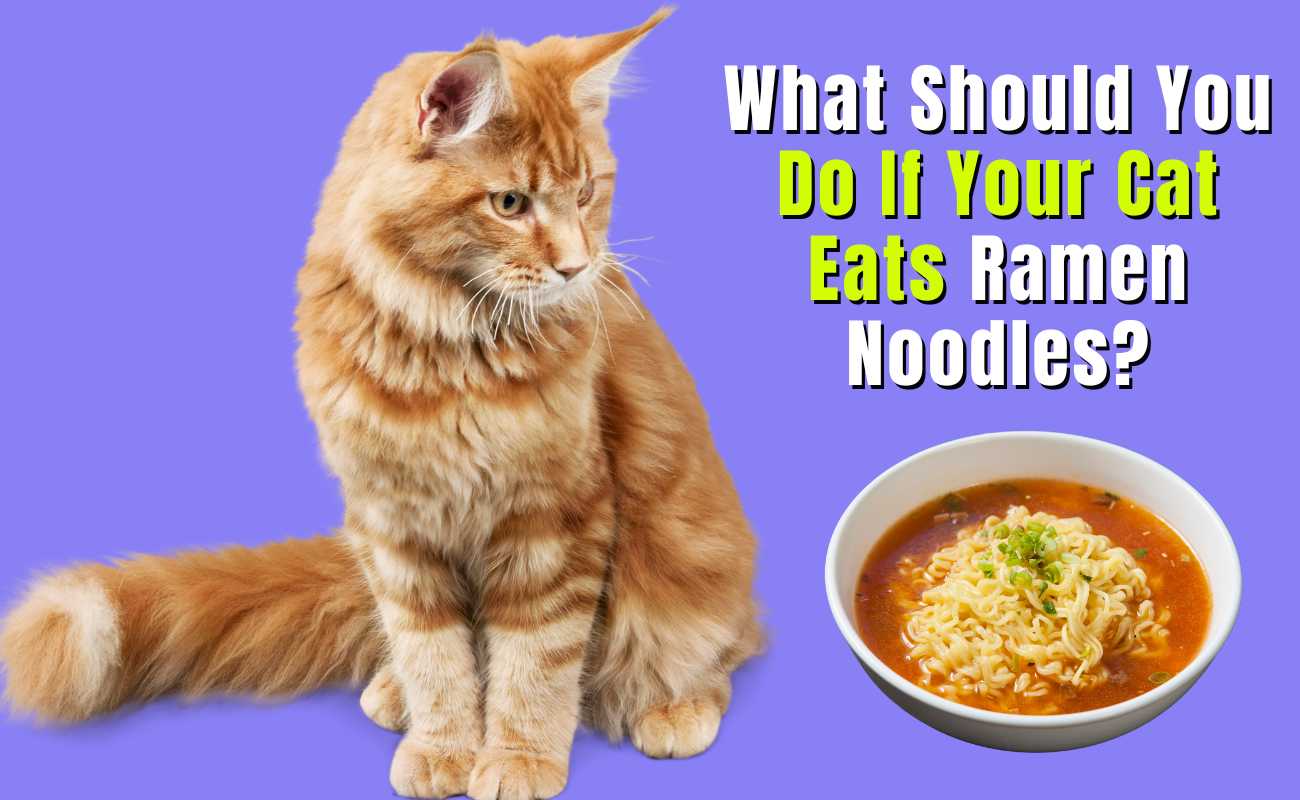
What Should You Do If Your Cat Eats Ramen Noodles?
If your cat accidentally eats a small amount of plain ramen noodles (without the seasoning), there’s likely no need for immediate concern. However, you should monitor your cat for any signs of discomfort or digestive issues. If your cat consumes noodles with seasoning or shows any signs of salt poisoning or allergic reaction, contact your veterinarian immediately.
- Monitor for Symptoms
Keep an eye on your cat for symptoms like vomiting, diarrhea, lethargy, or loss of appetite. These could indicate that your cat is having difficulty digesting the noodles or reacting to the salt and additives. - Provide Fresh Water
Ensure your cat has access to plenty of fresh water, especially if they have consumed ramen noodles with seasoning. This can help flush out excess sodium from their system and prevent dehydration. - Consult Your Veterinarian
If your cat shows any severe symptoms or if you’re unsure of how much they ate, it’s best to consult your veterinarian. They can provide guidance on what steps to take next and whether your cat needs any specific treatment.
Conclusion
While it might be tempting to share a bowl of ramen with your curious cat, it’s best to keep this dish to yourself. The high salt content, additives, and lack of nutritional value make ramen noodles unsuitable for feline consumption. Instead, focus on providing your cat with a balanced diet tailored to their specific needs as obligate carnivores. Always consult your veterinarian when introducing new foods to your cat’s diet to ensure they remain happy and healthy.
Remember, the best way to show your love for your cat is by providing them with the proper nutrition they need to thrive. Keep the ramen noodles for yourself and treat your cat to something more suitable for their dietary needs.

